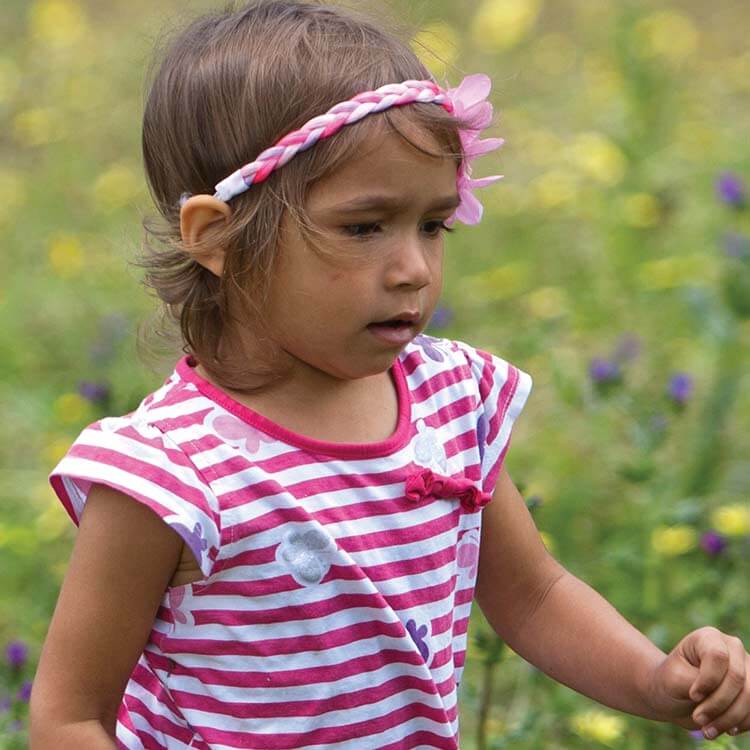Search
Research
Qualitative study of psychosocial factors impacting on Aboriginal women's management of chronic diseaseThe caring roles and responsibilities Aboriginal women have in their community impact on their health
Research
General practitioners’ perceptions of their communication with Australian Aboriginal patients with acquired neurogenic communication disordersGPs report difficulty recognising acquired communication disorders and their lack of prioritising assessment and treatment of communication ability after brain injur
Research
General practitioners’ perceptions of their communication with Australian Aboriginal patients with acquired neurogenic communication disordersGPs report difficulty recognising acquired communication disorders and their lack of prioritising assessment and treatment of communication ability after brain injur
Research
Formative evaluation of a community-based approach to reduce the incidence of Strep A infections and acute rheumatic feverWe explore the acceptability of a novel, outreached-based approach to improve primary and primordial prevention of Strep A skin sores, sore throats and acute rheumatic fever in remote Aboriginal communities. A comprehensive prevention program delivered by trained Aboriginal Community Workers was evaluated using approximately fortnightly household surveys about health and housing and clinical records.
Research
Caregiver-perceived racial discrimination is associated with diverse mental health outcomes in Aboriginal and Torres Strait Islander children aged 7-12 yearsExposure to racial discrimination in Aboriginal children increased the risk for a spectrum of interrelated factors linked to negative mental health
Research
Qualitative study of psychosocial factors impacting on Aboriginal women's management of chronic diseaseThe caring roles and responsibilities Aboriginal women have in their community impact on their health
Research
High burden of infectious disease and antibiotic use in early life in Australian Aboriginal communitiesEarly life infections drive high antibiotic prescribing rates in remote Aboriginal communities
Research
Building a Nyoongar work practice model for Aboriginal youth mental health: prioritising trust, culture and spirit, and new ways of workingMainstream youth mental health services struggle to comprehend the connection between colonisation and service provision for Aboriginal young people. This is the consensus agreed by Aboriginal Elders from Perth, Western Australia and young Aboriginal leaders within their communities.
Research
Yarning about yarning as a legitimate method in Indigenous ResearchThis article demonstrates the credibility and rigor of yarning, an Indigenous cultural form of conversation, through its use as a data gathering tool
Research
What factors contribute to positive early childhood health and development in Australian Aboriginal children? Protocol for a population-based cohort studyEmpirical evidence identifying the key drivers of positive early childhood development in Aboriginal children, and supportive features of local communities...
Research
The social determinants of Aboriginal and Torres Strait Islander suicide...Consideration of suicide among Aboriginal and Torres Strait Islander peoples must be situated within a context that recognises the impact of racism...
Research
Evaluation of impact of 23 valent pneumococcal polysaccharide vaccine following 7 valent pneumococcalThe impact of the 23vPPV booster on IPD incidence among Australian Indigenous children is unclear from regional reports of small case numbers.
Research
Aboriginal and non-Aboriginal children in Western Australia carry different serotypes of pneumococci with different antimicrobial susceptibility profilesDifferences in pneumococcal serotypes, genotypes, and antimicrobial susceptibility between Aboriginal and non-Aboriginal children living in the same area
Research
Knowledge translation lessons from an audit of Aboriginal Australians with acute coronary syndrome presenting to a regional hospitalThis audit is used as a case study of translating knowledge processes in order to identify the factors that support equity-oriented knowledge translation.

The Aboriginal Health and Wellbeing Team follows an holistic definition of Aboriginal Health which means that health is not just the physical wellbeing of an individual but includes the social, emotional and cultural wellbeing of the whole community.
Research
Young Aboriginal women's voices on pregnancy care: Factors encouraging antenatal engagementUnderstanding young Aboriginal women's views on pregnancy care is important knowledge to assist maternity services develop localised pathways that encourage...
